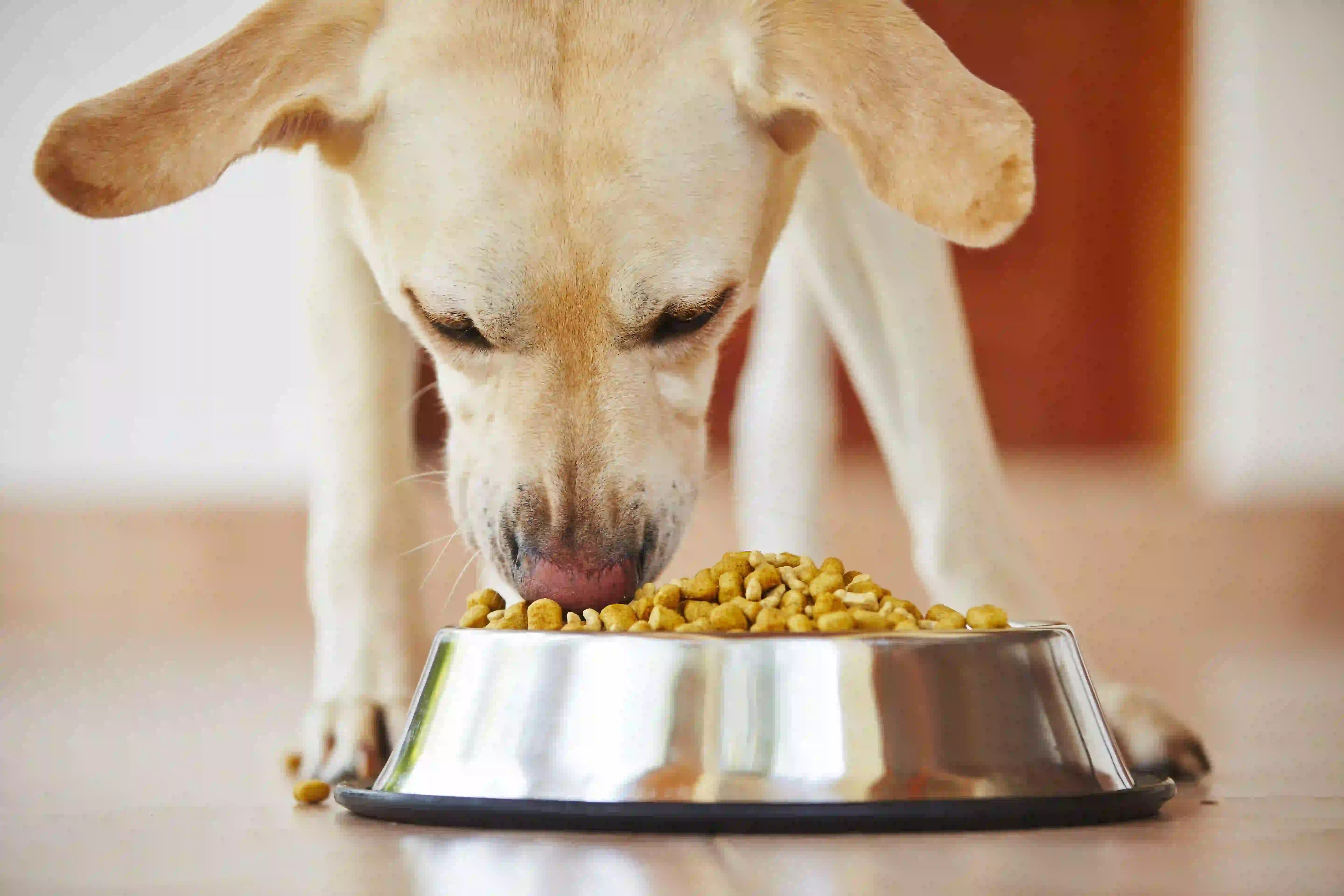
Ensuring that your dog receives a balanced and nutritious diet is fundamental to their overall health and well-being. A proper diet supports their growth, maintains their energy levels, and helps prevent a range of health issues. This comprehensive guide explores the key components of a healthy diet for dogs, the importance of proper nutrition, and tips for feeding your furry friend.
The Importance of Proper Nutrition
Proper nutrition is crucial for dogs as it affects every aspect of their health, including:
- Growth and Development: Puppies need the right nutrients to grow and develop properly. A balanced diet ensures they have the energy and building blocks for healthy bones, muscles, and organs.
- Energy Levels: Dogs of all ages require adequate energy to support their daily activities and metabolic functions. The right diet provides the necessary fuel for your dog’s lifestyle.
- Immune System: Essential vitamins and minerals help maintain a robust immune system, protecting your dog from illnesses and infections.
- Skin and Coat Health: Omega-3 and omega-6 fatty acids are vital for maintaining healthy skin and a shiny coat.
- Digestive Health: A diet rich in fiber and appropriate nutrients supports a healthy digestive system, preventing issues like constipation and diarrhea.
- Weight Management: Proper nutrition helps maintain an ideal weight, reducing the risk of obesity-related conditions such as diabetes, heart disease, and joint problems.
Key Components of a Balanced Diet
1. Proteins
Proteins are essential for the growth, repair, and maintenance of your dog’s tissues and muscles. They are made up of amino acids, some of which are essential and must be provided through the diet.
Sources: High-quality animal proteins such as chicken, beef, lamb, fish, and eggs are excellent sources. Some plant-based proteins can also be included, such as lentils and chickpeas.
2. Fats
Fats provide a concentrated source of energy and are essential for absorbing fat-soluble vitamins (A, D, E, and K). They also contribute to healthy skin and coat.
Sources: Animal fats, fish oils, and plant oils (such as flaxseed oil) are good sources of essential fatty acids.
3. Carbohydrates
Carbohydrates provide energy and are a source of fiber, which aids in digestion. While not essential, they can be beneficial in a balanced diet.
Sources: Whole grains (like brown rice and oats), vegetables (such as sweet potatoes and peas), and fruits (in moderation) are good carbohydrate sources.
4. Vitamins and Minerals
Vitamins and minerals are necessary for various bodily functions, including immune response, bone health, and cellular function.
Sources: A varied diet with high-quality ingredients usually provides necessary vitamins and minerals. Supplements can be used if recommended by a veterinarian.
5. Water
Water is essential for all living beings. It aids in digestion, nutrient absorption, and temperature regulation.
Sources: Ensure your dog has access to fresh, clean water at all times.
Types of Dog Food
1. Dry Food (aka Kibble)
Dry food is a popular choice due to its convenience and cost-effectiveness. It has a long shelf life and helps maintain dental health by reducing plaque buildup.
2. Wet Food
Wet food, or canned food, is often more palatable for dogs and contains higher moisture content, which can be beneficial for hydration. However, it has a shorter shelf life once opened.
3. Raw Diet
A raw diet consists of uncooked meat, bones, fruits, and vegetables. Proponents believe it is more natural, but it requires careful preparation to ensure nutritional balance and safety from pathogens.
4. Homemade Diet
Preparing homemade meals for your dog allows for complete control over ingredients. However, it requires careful planning to ensure the diet is balanced and meets all nutritional needs. Consulting with us veterinarians or a pet nutritionist is essential.
5. Prescription Diet
Prescription diets are formulated to address specific health issues, such as kidney disease or allergies. They should only be used under the guidance of us veterinarians.
Feeding Guidelines
1. Age and Life Stage
Puppies, adult dogs, and senior dogs have different nutritional requirements. Puppies need more protein and calories to support growth, while senior dogs may need fewer calories and more fiber to support digestion.
2. Size and Breed
Different breeds have unique nutritional needs. Large breeds are prone to joint issues and may benefit from diets with added glucosamine and chondroitin, while small breeds may require higher calorie diets due to faster metabolisms.
3. Activity Level
Active dogs, such as working dogs or those involved in sports, require more calories and protein than less active or sedentary dogs.
4. Health Conditions
Certain health conditions, like diabetes, allergies, or kidney disease, require specific dietary adjustments. Please consult us for advice. As your veterinarian we can prescribe a diet tailored to your dogs health and medical needs.
Common Feeding Mistakes
1. Overfeeding
Overfeeding can lead to obesity, which increases the risk of various health issues. Follow feeding guidelines on the dog food packaging and adjust based on your dog’s activity level and body condition. Always remember that a healthy pet is a happy pet!
2. Poor Quality Food
Feeding low-quality food with fillers and artificial additives can result in nutritional deficiencies. Choose high-quality dog food with recognizable ingredients.
3. Feeding Table Scraps
Human food can be harmful to dogs and lead to obesity. Avoid feeding table scraps, especially foods toxic to dogs, such as chocolate, grapes, onions, and garlic.
4. Inconsistent Feeding Schedule
Maintaining a consistent feeding schedule helps regulate your dog’s digestive system and can prevent behavioral issues.
Conclusion
Providing your dog with a balanced and nutritious diet is essential for their health and longevity. Understanding the components of a proper diet and tailoring their food based on their age, size, breed, activity level, and health conditions will help ensure your furry friend thrives. Always consult with us veterinarians to create a diet plan that meets your dog’s specific needs and regularly monitor their health and weight to make necessary adjustments. With the right nutrition, your dog can lead a happy, healthy, and active life.










Write a comment
What is your overall rating?